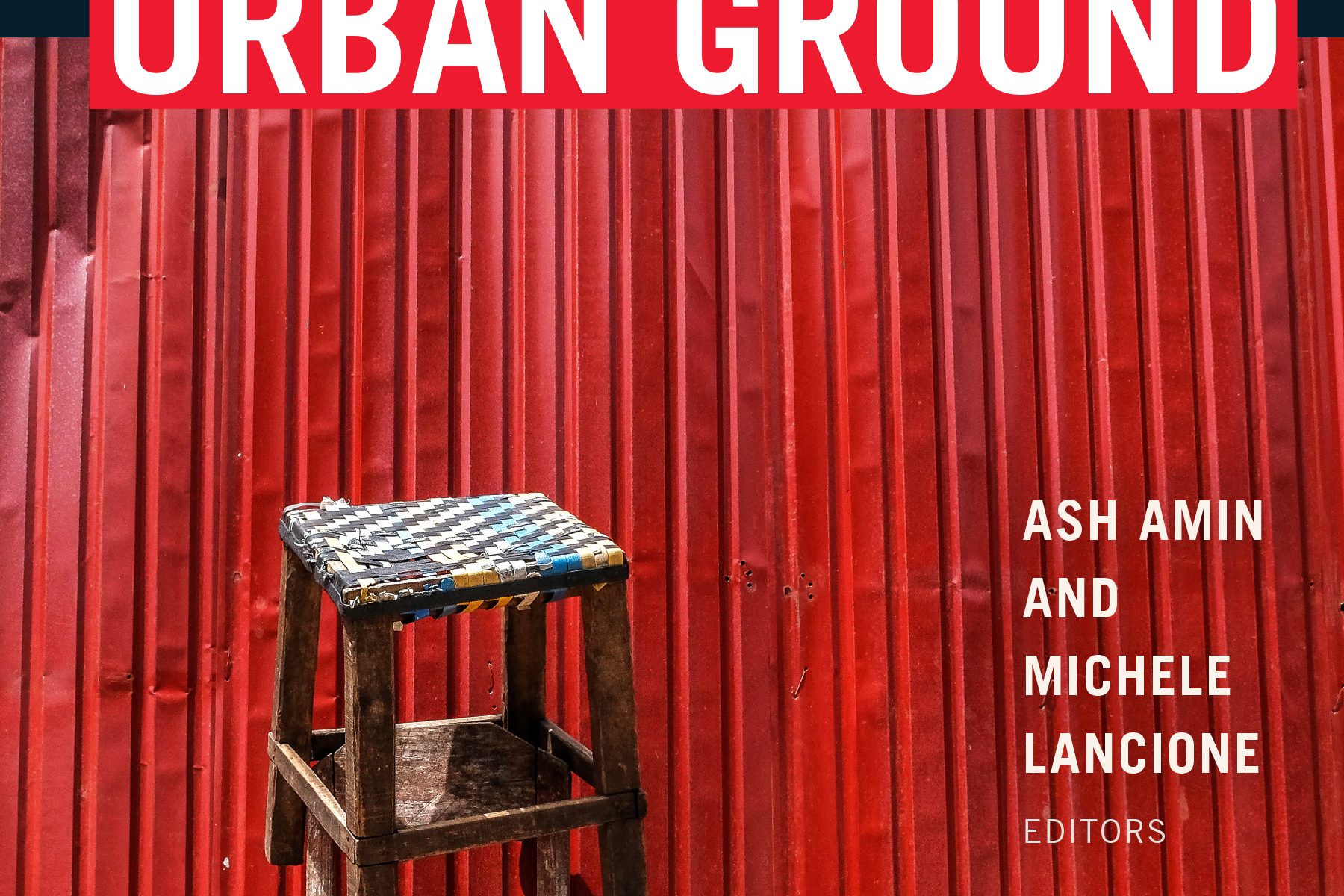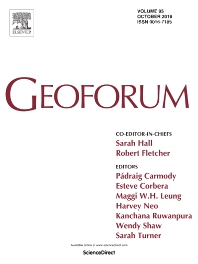“Grammars of the Urban Ground“, the book I co-edited with Ash Amin for Duke University Press, is now out at https://www.dukeupress.edu/grammars-of-the-urban-ground
Get 30% off the paperback with code E22GRMMR, and check in the coming weeks for the Open Access version of this volume at https://read.dukeupress.edu/ (thanks to the support of the British Academy).
This book has been many years in the making. It started with a series of workshops organised by Ash at the BA (as far as 2018 if I remember well), and it germinated into a remarkable compendium of critical urban lexicons from authors that have been foundational to my own urban thinking (see table of content below).
What came out is a – open-access – helpful text for students and scholars interested in grounded, yet experimental, ways of tracing the multiple politics of urban life – from banishment to social junk, from density to transitoriness, from suturations to deformation and to affirmation.
Thanks to Ash for having me in this, to all our authors for the great texts, to the BA for the support and to Courtney Berger at Duke for her wonderful editorial steer.
Table of Contents
Introduction: Thinking Cities from the Ground / Ash Amin and Michele Lancione
1. Social Junk / Natalie Oswin
2. Grammars of Dispossession: Racial Banishment in the American Metropolis / Ananya Roy
3. Future Densities: Knowledge, Politics, and Remaking the City / Colin McFarlane
4. Big: Rethinking the Cultural Imprint of Mass Urbanization / Nigel Thrift
5. Urban Legal Forms and Practices of Citizenship / Mariana Valverde
6. Transitoriness: Emergent Time/Space Formations of Urban Collective Life / Teresa Caldeira
7. Suturing the (W)hole: Vitalities of Everyday Urban Living in Congo Filip De Boeck
8. Infrastructures of Plutocratic London / Caroline Knowles
9. Affirmative Vocabularies from and for the Street / Edgar Pieterse and Tatiana Thieme
10. Deformation: Remaking Urban Peripheries through Lateral Comparison / AbdouMaliq Simone
11. Edge Syntax: Vocabularies for Violent Times / Suzanne M. Hall


